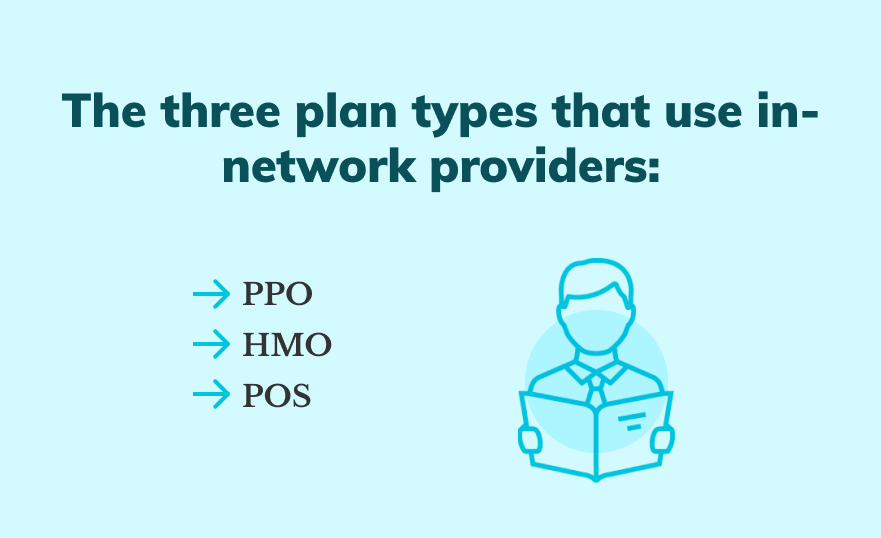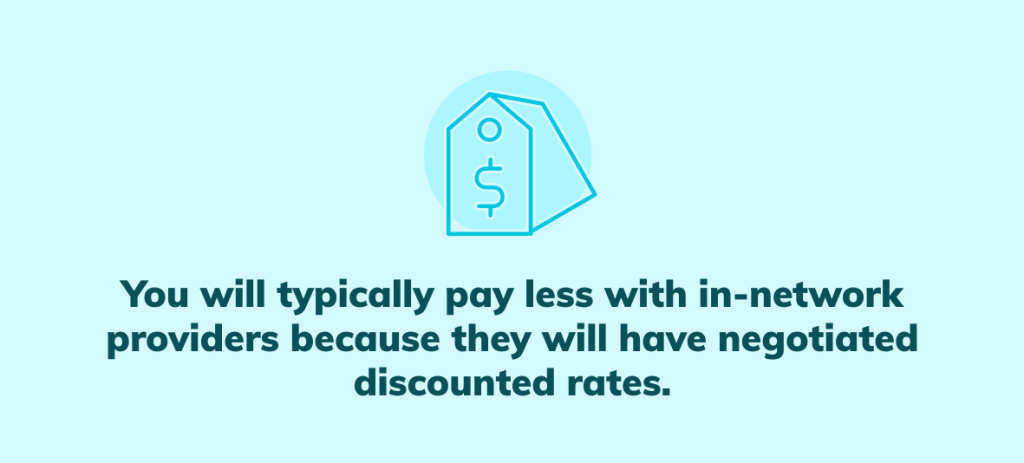What’s an In-Network Provider? | Managed Care Plans | eHealth
If your plan requires or prefers you to use in-network health care providers, you probably want to know what this means in the first place.
A provider network is a group of physicians and specialists of health-care providers who are contracted by an insurance company, and provide medical care to those enrolled in plans offered by that insurance company. The providers in the health insurance plan’s network are called “network providers” or “in-network providers”. This term could apply to doctors, medical facilities, and other types of health-care providers.
Mục Lục
Why do health insurance plans have provider networks?
Many health insurance plan types cut costs for their enrollees by having their networks full of in-network providers, according to America’s Health Insurance Plans (AHIP). These providers charge lower rates in exchange for being part of the provider network of a given insurance company.
Health insurance plans that have in-network providers are referred to as “managed-care” plans. This model has become increasingly popular, with the market now dominated by plans with a list of doctors and facilities for enrollees to choose from.
Three plan types that use in-network providers

- Preferred Provider Organization (PPO): As the name suggests, PPOs have preferred providers that have been selected for your use. While the insurance company does prefer you use their chosen, in-network providers, there is some flexibility with going out-of-network—it just may mean the insurance company covers less of the care rendered outside of the network.
- Health Maintenance Organizations (HMO): With this type of plan, you will likely be more limited to the provider network of the HMO, and you will most likely need to choose a primary care physician (PCP) for all referrals. HMOs usually have lower premiums than other plan types, such as PPOs.
- Point of Service (POS): Think of POS plans as a hybrid of HMO and PPO plans. You will likely have to choose a PCP within the health insurance plan’s network, but as with a PPO, you have the flexibility to go to out-of-network providers, perhaps just at a higher cost.
Choosing a plan is different for everyone. The amount of in-network providers, and the flexibility to go out of network may be hugely important to some people buying a health insurance plan. Luckily, when shopping on eHealth, you will get the information you need in order to make an informed decision about which managed-care plan you want to choose for your health insurance coverage. And if you decide that in-network providers and managed care aren’t for you, we have just as many resources when it comes to health insurance alternatives, like medical indemnity insurance.
Keep in mind that each plan has its own terms and limitations, so be sure to check the official plan documents to understand how that specific plan works.
In-Network vs Out-of-Network – What is a Network Provider?
When it comes to understanding your health insurance, it’s important to know the difference between in-network vs. out-of-network. A provider network is a directory of hospitals, doctors, and other healthcare providers who have contracted with a particular health care plan to provide services for its members.
Out-of-network providers are different from in network providers, as out-of-network providers have not agreed to accept pre-determined payment amounts, and they will likely charge more than in-network providers. Despite this fact, the insurance plan may not always pay the higher costs, as they’re not required to. If the health insurance plan only agrees to pay the rate for in-network providers and you have seen an out-of-network provider, then you will be responsible for paying the difference. The provider will bill you after the health insurance plan has declined to pay the billed amount in full.
In-Network vs Out-of-Network costs
To provide a better understanding of in-network vs out-of-network costs, here is a table that can help you with specific figures as an example:
In-Network Hospital – pays 80%Out-of-Network Hospital – pays 60%Actual hospital charge$22,000$22,000Amount hospital agrees to pay$14,000 (this is the agreed upon discounted rate)$14,000 (this plan does not agree to pay the $8,000 differenceMedical plan pays
80% of the discounted rate:$14,000 x 80% = $11,200
$14,000 x 60% = $8,400Covered individual pays:
20% of the discounted rate:$14,000 x 20% = $2,800
40% of charges ($14,000) in addition to all of the amount that the plan does not agree to pay ($8,000):$5,600 + $8,000 = $13,600
As you can see, there can be significant differences in the costs involved with an in network provider as opposed to an out-of-network provider. Of course, this will depend on the specific healthcare facility, as well as the service provided, but you will typically pay less with an in-network provider.

How do you know who is in your network?
eHealth has convenient tools that you can use if you are shopping for a plan and want to figure out who is in that plan’s network. This may be important to you if you already have a doctor in mind who you want as your primary care provider (PCP).
Whether you have individual health insurance or a group health plan, you can use our Find a Doctor tool to get started on looking at plans that have certain doctors in-network.
Each insurance plan periodically updates its list of in-network doctors and providers, so always double check coverage with both the plan and the doctor or provider before incurring medical expenses. You can also figure out who is in your network by directly contacting your provider or checking your insurance company’s website.
Find a Health Insurance Provider That’s Right for You
As you can see, there are some advantages to choosing an in network provider, but who you see for your health concerns is ultimately up to you. If you need help figuring out a health insurance plan that is within your reach, you can use eHealth. Our team of licensed agents are available to help you find a health insurance plan that’s right for your specific needs. Contact us today and our agents will connect you with health insurance providers who will help you manage getting the medical care you need.















![Toni Kroos là ai? [ sự thật về tiểu sử đầy đủ Toni Kroos ]](https://evbn.org/wp-content/uploads/New-Project-6635-1671934592.jpg)


